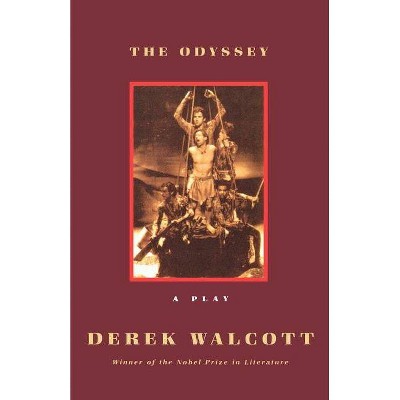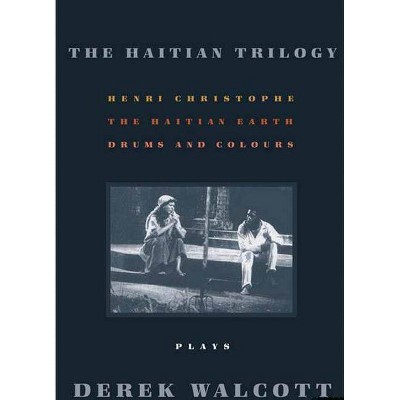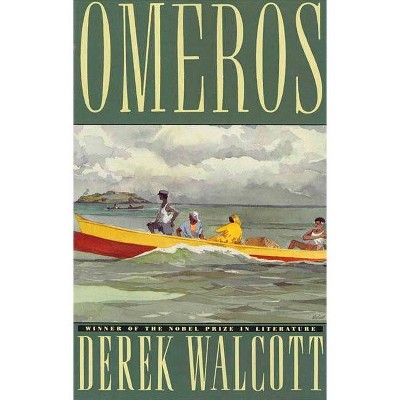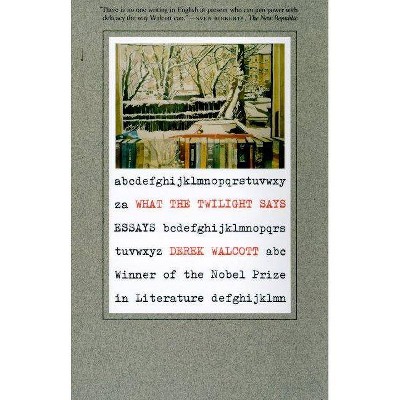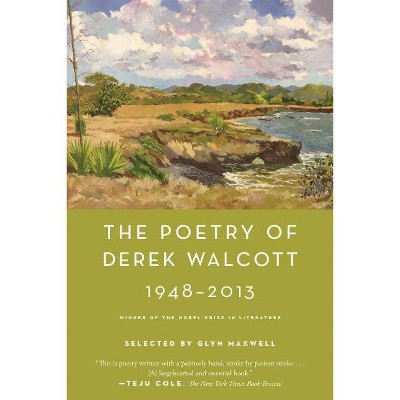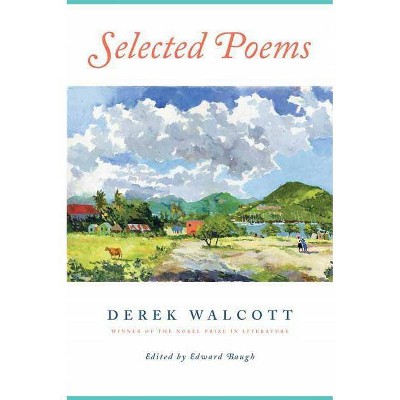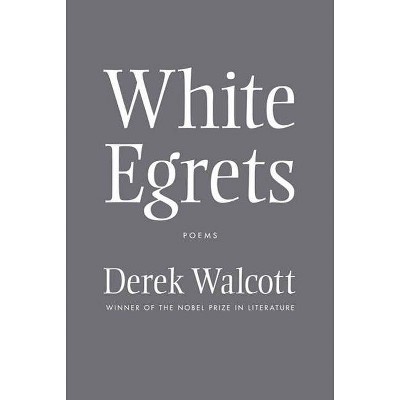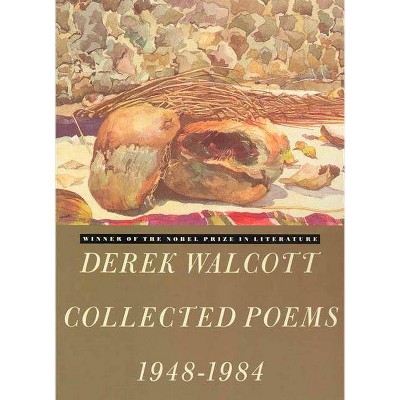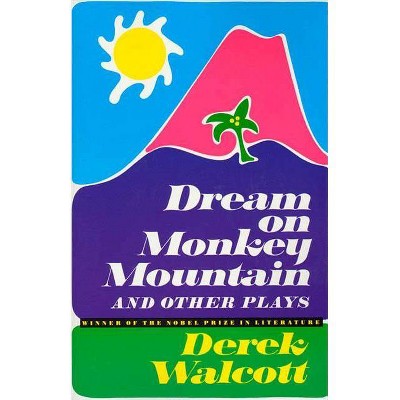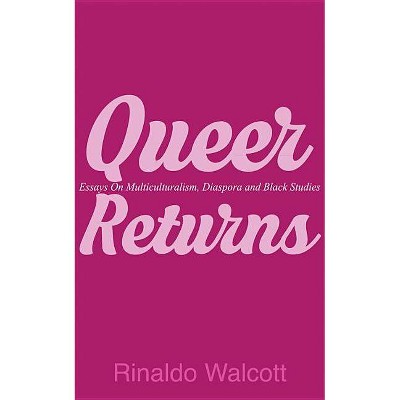The Bounty - by Derek Walcott (Paperback)
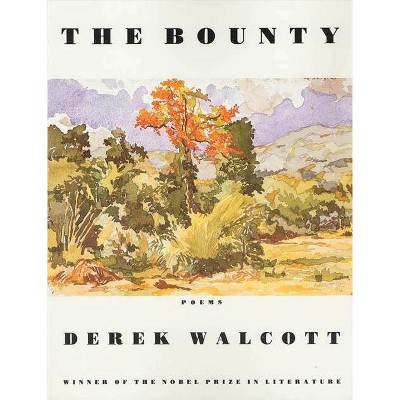
Similar Products
Products of same category from the store
AllProduct info
<p/><br></br><p><b> About the Book </b></p></br></br>Opening with the title poem, a memorable elegy to the author's mother, "The Bounty" also contains a haunting series of poems which evoke the poet's native ground, the island of St. Lucia.<p/><br></br><p><b> Book Synopsis </b></p></br></br><p><i>The Bounty</i> was the first book of poems Walcott published after winning the 1992 Nobel Prize in Literature. Opening with the title poem, a memorable elegy to the poet's mother, the book features a haunting series of poems that evoke Walcott's native ground, the island of St. Lucia. For almost forty years his throbbing and relentless lines kept arriving in the English language like tidal waves, Walcott's great contemporary Joseph Brodsky once observed. He gives us more than himself or 'a world'; he gives us a sense of infinity embodied in the language.</p><p/><br></br><p><b> Review Quotes </b></p></br></br><br><p>"Walcott is a master of . . . easy, careless abundance." --<i>William Logan, The New York Times Book Review</i> <p/>"A prime aged Porterhouse steak, four times as thick as this slim volume, [could] not match the rich density of this new collection, the Nobel laureate's first since his epic <i>Omeros</i>. Walcott's lines are marbled with imagery worth savoring on the tongue before swallowing: 'burnt sheaves of tall corn / shriven and bearded in chorus.' He forges a connection between the human heart and the earth that is reminiscent of the best Irish poetry. But the potatoes are supplanted by breadfruit, and the ache of a farmer's sacrifice to a historic land is replaced by a frequent flyer's knowledge that the soil of Poland and Parang, Spain and Boston, can all bury the bodies of loved ones or grow rich and dark with memory." --<i>Publishers Weekly</i> <p/>"Walcott has moved with gradually deepening confidence to find his own poetic domain, independent of the tradition he inherited yet not altogether orphaned from it . . . The Walcott line is still sponsored by Shakespeare and the Bible, happy to surprise by fine excess. It can be incantatory and self-entrancing . . . It can be athletic and demotic . . . It can compel us with the almost hydraulic drag of its words." --<i>Seamus Heaney</i> <p/>"[This is] Walcott's first collection of poems since he won the Nobel in 1992 . . . All the master's gifts are prodigally displayed here: an ear that finds liquid music in 'fast water quarrelling over clear stones, ' a wit that sees death--the state of wordlessness--as 'beyond declension, ' and an attentiveness that [notes how] squirrels 'spring up like questions' . . . Images keep recurring, crisscrossing, gaining new associations in verses that have the noble radiance of stained glass, grave but full of light. In his twilight hours, the poet often berates himself for not having hymned [his native island of] St. Lucia as he should. In the end, however, he realizes that what has sustained him all along are the 'immortelle' and 'wild mammy-apple' of his 'generous Eden.' As the waves of his melodious argument wash up at last on the shores of thanksgiving and affirmation, one realizes that there is no more serious, or more sonorous, writer living." --<i>Pico Iyer, Time</i></p><br><p/><br></br><p><b> About the Author </b></p></br></br><b>Derek Walcott (1930-2017)</b> was born in St. Lucia, the West Indies, in 1930. His <i>Collected Poems: 1948-1984</i> was published in 1986, and his subsequent works include a book-length poem, <i>Omeros </i>(1990); a collection of verse, <i>The Bounty</i> (1997); and, in an edition illustrated with his own paintings, the long poem <i>Tiepolo's Hound</i> (2000). His numerous plays include <i>The Haitian Trilogy</i> (2001) and <i>Walker and The Ghost Dance</i> (2002). Walcott received the Queen's Medal for Poetry in 1988 and the Nobel Prize in Literature in 1992.
Price History
Price Archive shows prices from various stores, lets you see history and find the cheapest. There is no actual sale on the website. For all support, inquiry and suggestion messages communication@pricearchive.us
